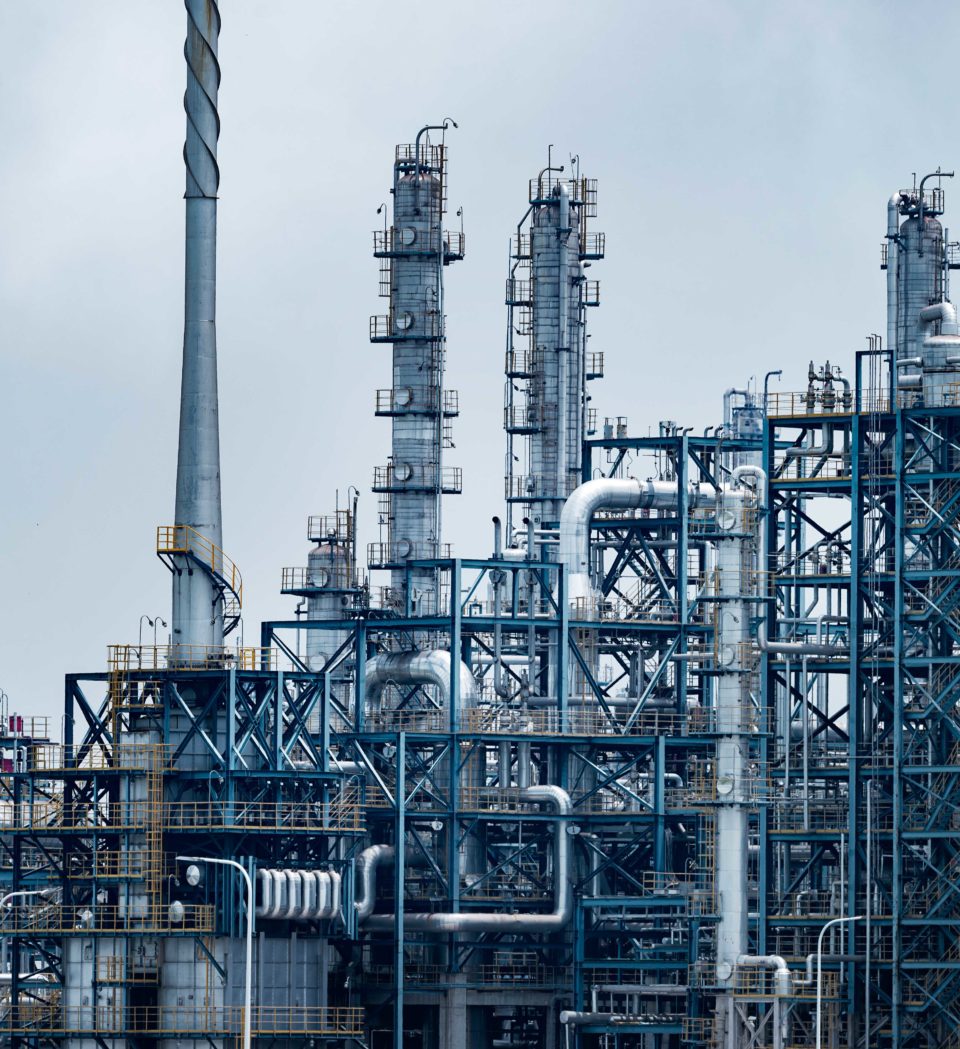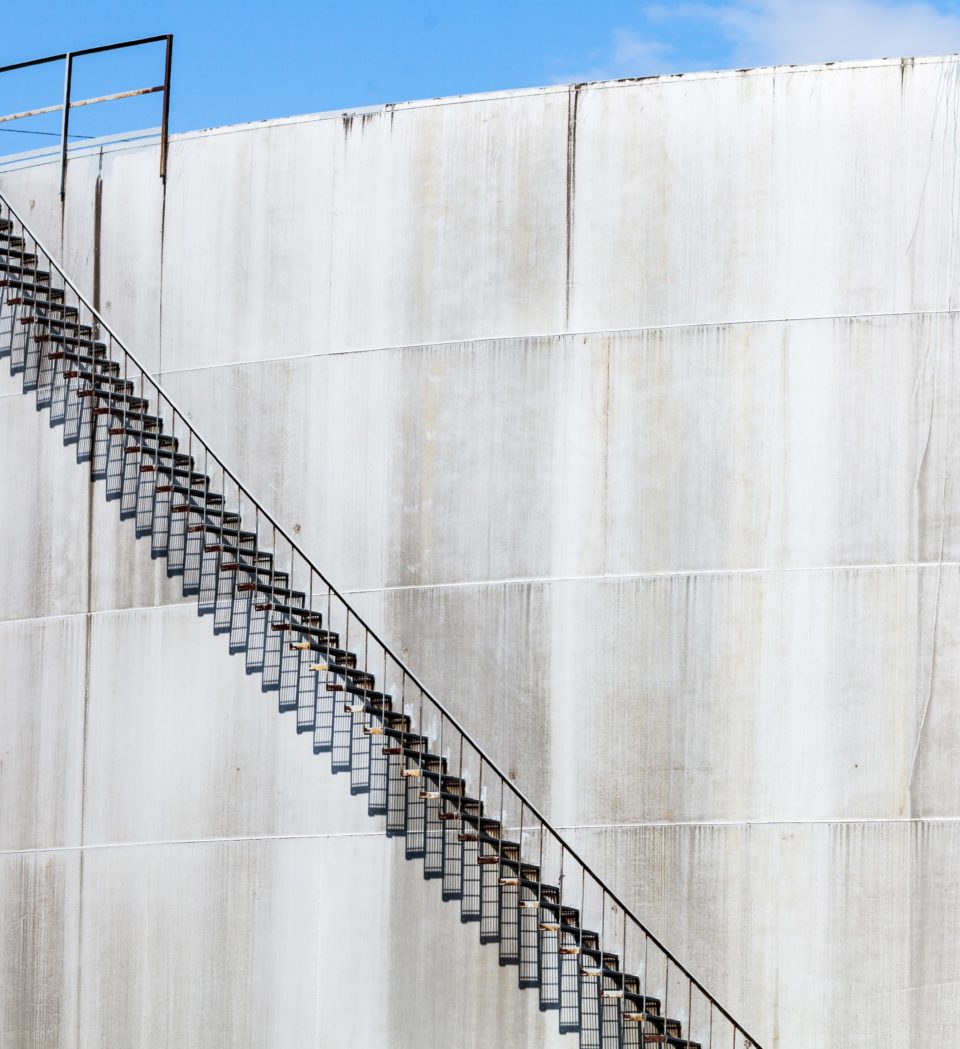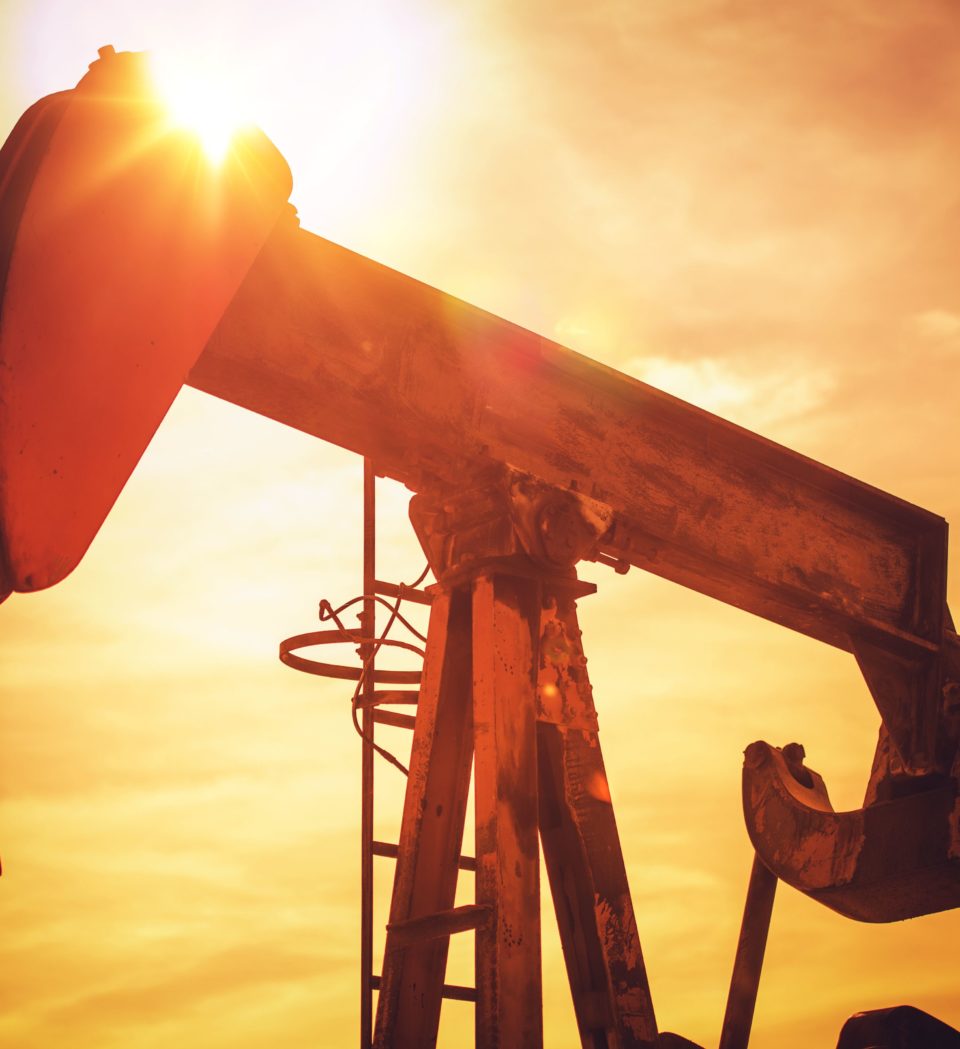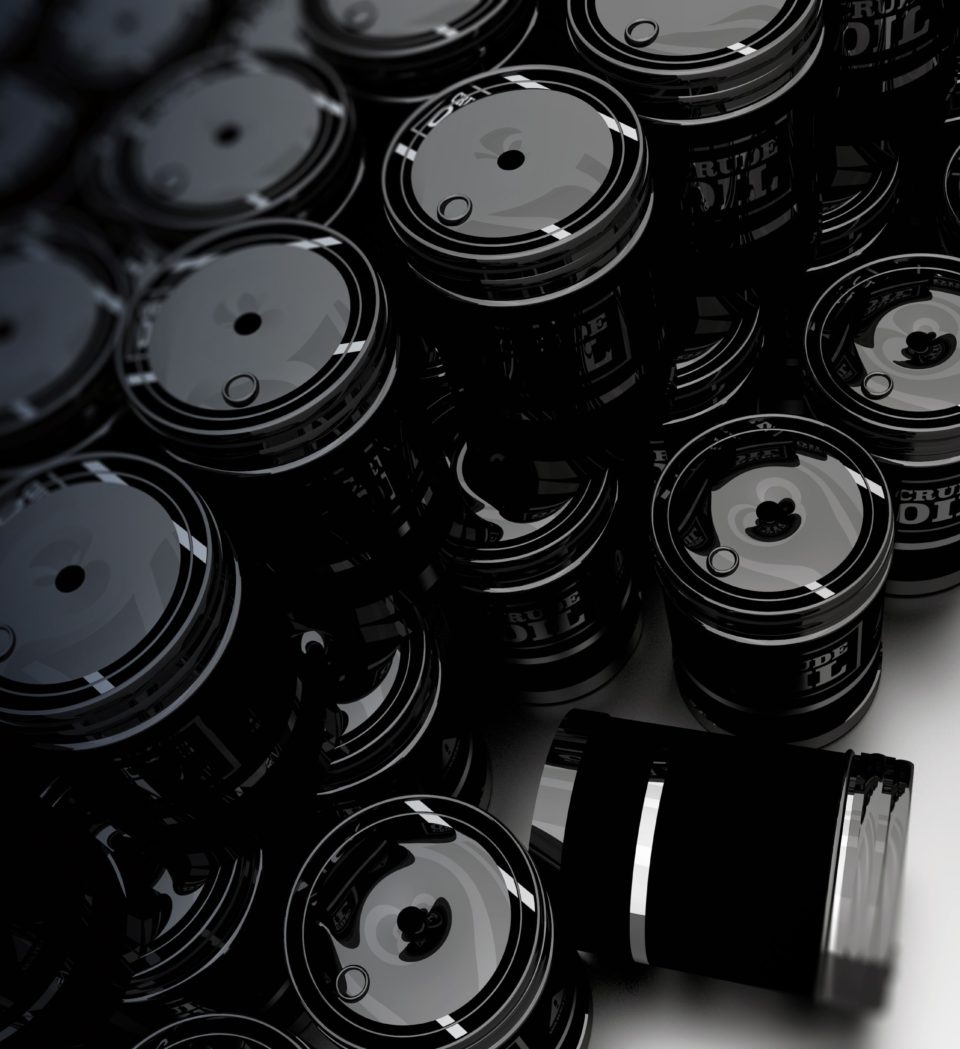
Fluid Catalytic Cracking and Hydrocracking: Making Viable Fuels from Residual Oil
Fluid catalytic cracking and hydrocracking produce a variety of heating and transport fuels including diesel and gasoline. Cracking is a secondary part of the crude oil refining process. The first step in the refining process is the separation of fossil fuel hydrocarbons. The distillation process se

Diesel vs Gas: Which Fuel Best for the Environment and Which is best for the Wallet
Diesel vs gas and which is better for the environment is a debate that has taken center stage in many scientific communities and political circles around the world. The reason being, there is a massive discrepancy between the number of diesel passenger vehicles in the U.S. versus the rest of the wor

What is Gasoline and How is Gasoline Made from Crude Oil
“What is gasoline?” is a question with a very short answer: hydrocarbons. “What hydrocarbons are in gasoline?” is a question that requires a considerably longer answer. Hydrocarbons constitute the majority of the substance of fossil fuels and biofuels as well. More importantly, hydrocarbons

Differences Between Diesel, Fuel Oil, Bunker Fuel, and Similarities
The differences between diesel, fuel oil, and bunker fuel are hydrocarbons. Specifically, the difference is in the size and length of the hydrocarbons in each fuel. Hydrocarbons comprise the overwhelming majority of the components in fossil fuels — and in biofuels as well for that matter. Everythi

What is in Diesel and How is Diesel Made from Crude Oil
“What is in diesel?” is a question with two answers, one very short and the other very long. The short answer is hydrocarbons. Hydrocarbons, as the name implies, are molecules made of hydrogen and carbon atom bonds. Hydrocarbons are the components of every fossil fuel — and biofuel — that ma

Gasoline vs Diesel Emissions: Types and Effects of Each on Health & Environment
Gasoline vs diesel emissions is a comparison measured by an accounting for fuel economy, fuel composition, and engine-type combustion characteristics. It is not unreasonable to assume that gasoline and diesel engines produce the same emissions. After all, both gasoline and diesel are hydrocarbon bas

How Does Nature Make Oil? Diagenesis, Catagenesis and Hydrocarbons
The single most important natural resource in human history — with respect to the development and use of technology — is oil. Fossil fuels generate our electricity and propel our vehicles, ships, and airplanes. Fossil fuels are the reason we have plastics and synthetics, the materials we use to

What is a Catalytic Converter In Comparison to a Fuel Catalyst
How a Catalytic Converter Works and Why It Can Not Improve Fuel Efficiency A catalytic converter is one of the most common devices found on a vehicle. Whether it is a passenger vehicle or a light duty pickup; a heavy-duty pickup, dump truck or semi-tractor trailer; or a piece of heavy equipment, alm

What is Crude Oil Made Of? Or, What is Crude Oil? Or, What is Oil?
Fossil Fuel Components of Crude Oil and What Makes Them Different While the notion of a barrel of oil is just as common in everyday vernacular as the idea of a bottle of water, what crude oil is made of is a mystery to most people. “What is crude oil made of?” is the question […]

